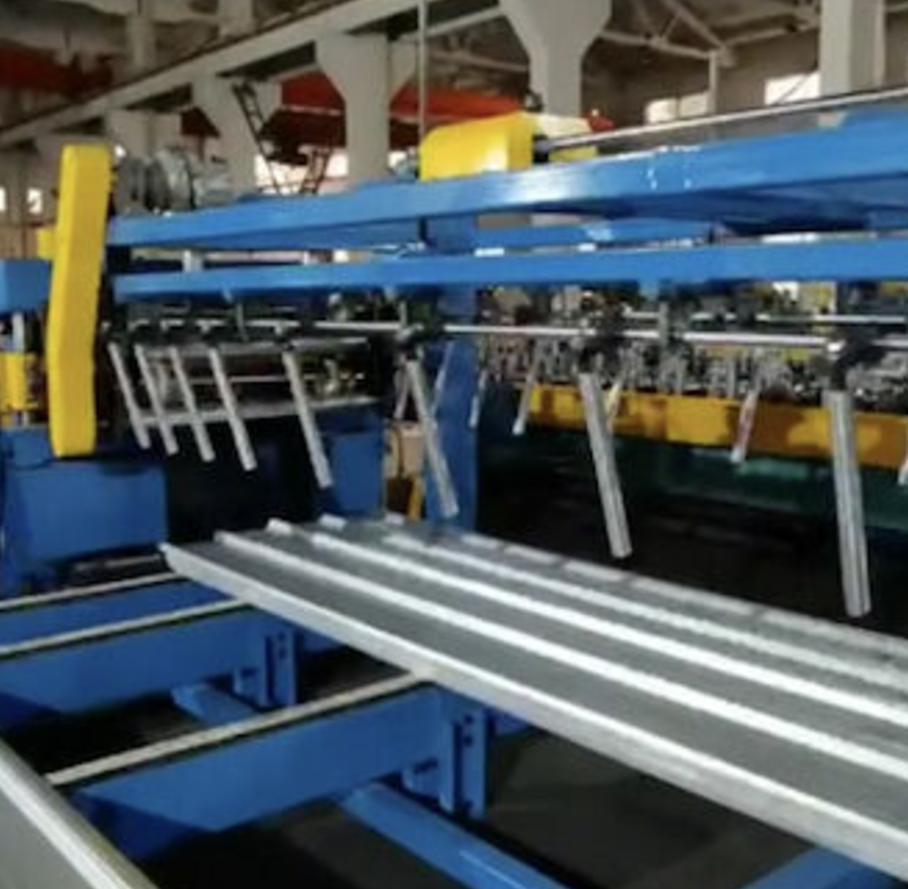To express an interest in this machine please submit the form below.

Not Sure What Machine You Need?
Select Your Profile, We'll Match It
Choose your desired profile drawing, and let Machine Matcher connect you with the best roll forming machine tailored to your needs.
Browse Profiles
A roof and wall panel stacker machine is an integral component of a roll forming production line, designed to streamline the stacking process of finished panels. These machines enhance efficiency by automating the collection and arrangement of panels after they are cut to size, minimizing manual handling and potential damage.
A roof and wall panel stacker machine is engineered to handle various panel sizes and profiles efficiently. These machines are typically used in industries producing roofing and siding panels for residential, commercial, and industrial buildings. Their automation capabilities significantly reduce labor costs while ensuring uniform stacking and improved productivity.
Stackers are compatible with a wide range of roll forming machines and can handle panels made from materials such as galvanized steel, aluminum, and coated steel. They feature adjustable settings to accommodate different panel lengths, thicknesses, and profiles.
1. What is the primary purpose of a roof and wall panel stacker machine?
The primary purpose is to automate the stacking process of finished panels, enhancing production line efficiency and reducing manual labor.
2. Can the machine handle multiple panel sizes?
Yes, it is designed to accommodate different lengths, widths, and profiles, with adjustable settings for flexibility.
3. What safety features are included?
Roof and wall panel stackers come with emergency stop buttons, safety guards, load sensors, and PLC-controlled automation to ensure operator safety.
4. How does the machine integrate with existing roll forming lines?
It seamlessly connects to the output conveyor of roll forming machines, with customization available for alignment and stacking based on specific production requirements.
5. Is the machine suitable for outdoor use in Florida's climate?
While the machine is designed for factory environments, weather-resistant options are available to withstand Florida's humid and coastal climate.
6. Can the stacker handle coated panels without damage?
Yes, the stacker is equipped with protective features, such as soft handling mechanisms, to prevent scratches or damage to coated panels.
7. What is the maintenance requirement for the machine?
Regular maintenance involves checking the motors, sensors, and moving parts. Lubrication and calibration ensure optimal performance.
8. Is remote monitoring available?
Yes, advanced models offer IoT integration for remote monitoring and diagnostics.
Copyright 2026 © Machine Matcher.